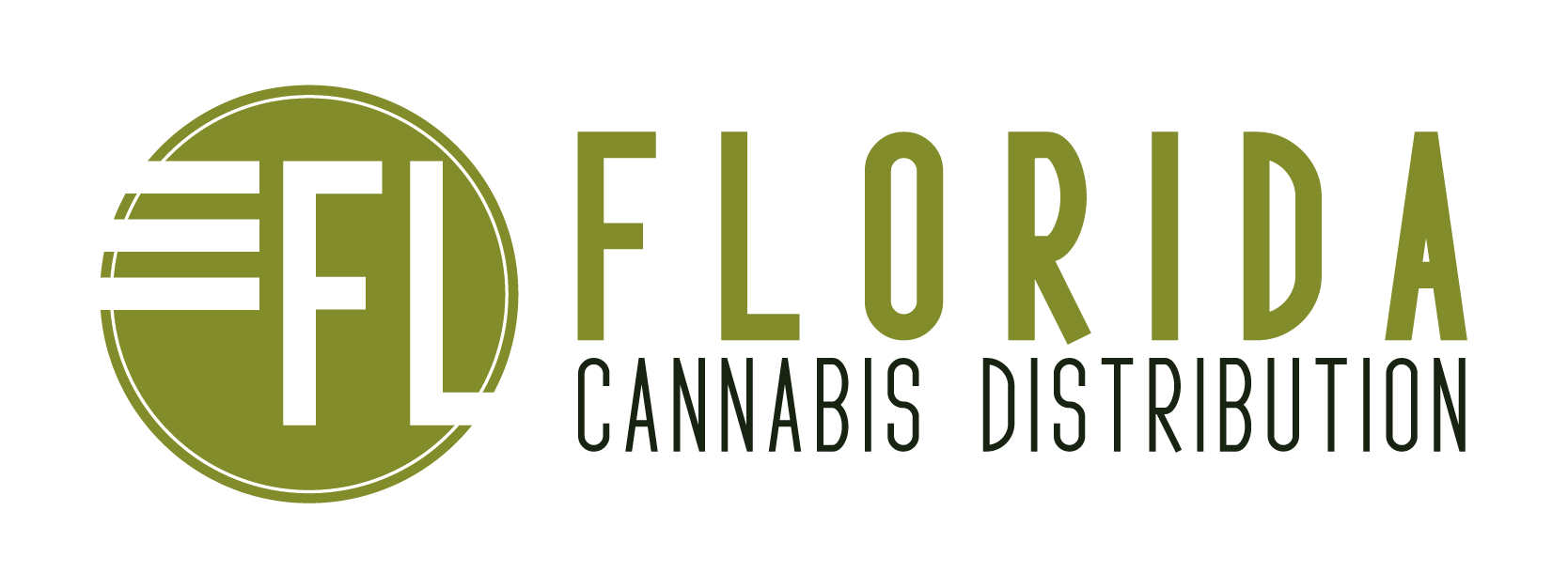Cannabis distributors in Florida face unique logistical challenges during hurricane season and periods of intense thunderstorms. These extreme weather events can disrupt supply chains through facility shutdowns, halted deliveries, and infrastructure damage. To maintain operations and safeguard patient access, cannabis distributors rely on a combination of proactive planning, technology, insurance strategies, and regulatory flexibility.
Proactive Shutdowns and Delivery Suspension
As storms approach, Miami- and Tampa-area operators often implement preemptive shutdowns days in advance. Facilities and delivery services are temporarily halted to protect staff and inventory. For example, in October 2024, companies like Trulieve, Cresco, Ayr Wellness, and Verano temporarily closed dozens of dispensaries and halted delivery routes ahead of Hurricane Milton. This ensures safety, but also causes short-term disruption.
Advanced Stock Management and Patient Communication
To cushion against service interruptions, distributors encourage patients to “stock up” a week or more before storms. Dispensaries like DocMJ, Trulieve, and Rise Cannabis explicitly advise patients to maintain multi-day supplies and offer transparent updates on current inventory. Real-time notifications—via text/email—inform patients of closures, reopenings, or delivery rescheduling, helping manage expectations.
Facility Protection and Power Resilience
Before storms, distributors fortify plants and facilities using storm shutters, sandbags, and tarps. They also ensure that backup generators are operational and fueled to maintain HVAC systems, essential for preserving product integrity. At cultivation sites, skeleton crews sometimes stay on-site to monitor environmental systems—even during power outages.
Regulatory Adaptations: Wholesale Exceptions and Force Majeure
Florida’s cannabis regulatory structure mandates vertical integration, but in disaster contexts allows wholesale product transfers under a “harvest failure” variance. After Hurricane Ian, some distributors purchased wholesale product from unaffected operators via OST-authorized exceptions to replenish inventory. Additionally, contractual force-majeure clauses often excuse delivery or facility obligations, allowing legal protection during unavoidable shutdowns.
Insurance and Financial Safeguards
Distributors pursue robust insurance policies that include property, business interruption, extra expenses (e.g., generators, cleanup), and crop loss. Following Hurricane Ian, providers advised promptly filing claims, documenting losses, and fighting denials, since insurers sometimes resist coverage based on narrow interpretations. After major storms, premiums may rise and coverage options tighten.
Technology-Driven Weather Awareness
To anticipate storms, many operations subscribe to AI-augmented weather intelligence platforms that offer precise hurricane tracking, inventory monitoring, and logistics planning. These tools allow distributors to reroute deliveries, adjust staffing, and trigger emergency protocols based on real-time predictions. This kind of advanced forecasting—sometimes closer than traditional models—enables more effective preemptive responses.
Post-Storm Recovery and Customer Support
Once storms pass, distributors focus on facility inspection, power restoration, and reactivating climate control systems. Many operations deploy skeleton crews to provide updates and support staff and patients. Companies like Ayr Wellness report that nearly all Florida locations reopen soon after a storm, with employee accountability and community outreach prioritized. Recovery also leverages wholesale exceptions to replenish depleted stock.

